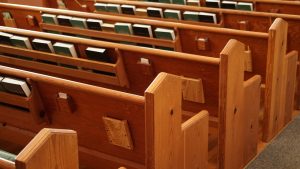by Pastor Joshua Daichor So, San Francisco (CA) Chinese Mennonite Church
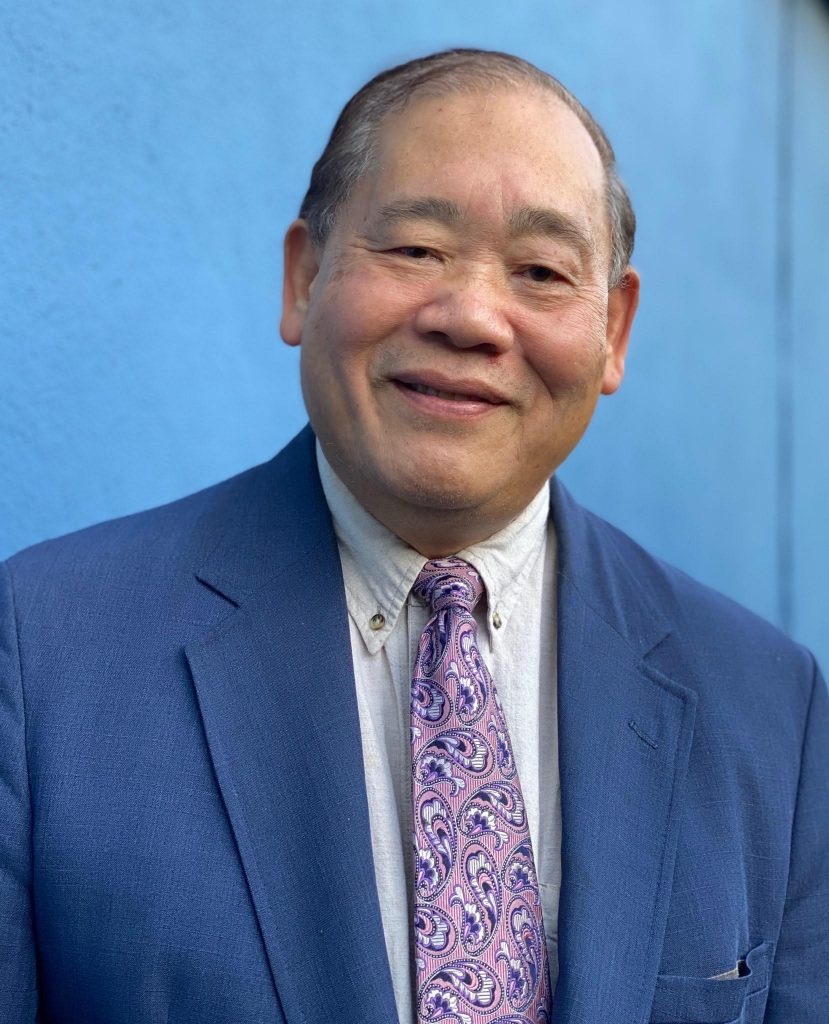
I am very thankful to have the opportunity to write my call to ministry story again after 55 years. It sounds like I should already be retired by now but God still gives me the grace to be part of His story. I also appreciate the Conference giving me this chance to share. It was 1965 when I was first asked to write my call to ministry story as part of my entry application to study at The Hong Kong Alliance Bible Seminary. How can I not be thankful?
I was born in a remote village in Mainland China and was raised in an idol worshiping family. As the Bible said, “God knits me together in my mother’s womb and I am chosen!” God had a plan for me!
Our family moved to Hong Kong when I was around 11 years old. We lived very close to a church and with my curiosity, I stopped in and attended their Sunday school class with my neighbors’ kids for the first time. From that time on, I became a regular Sunday school attender. Listening to the Bible stories was always the highlight of each Sunday. But most of all, receiving awards from the teachers was powerfully motivating to me.
I accepted Jesus during Sunday school one week and gradually joined a small group. With my diligent and optimistic character, I was selected to be on the staff of the small group and also serve as a Sunday school teacher. I was amazed to find blessings and joy from serving the Lord in those roles. Besides attending the small group and Sunday school, I also attended the worship service regularly. The senior pastor, the minister, Sunday school teachers, and brothers and sisters were very proud of me and set me as a role model to other worshippers. I was also blessed with ample opportunities to serve the Lord at church.
As I remember, I was asked to be the moderator of the Sunday worship when I was only a middle schooler. I accepted that offer without hesitation. I strongly believed that serving the Lord is what is pleasing to the Lord and a blessing! I was also in charge of a Sunday evening outreach.
My youth group leader encouraged me to pursue seminary after high school in my last year of middle school. Even though I was quiet at that time, the Holy Spirit already began to mold me. Our senior pastor couldn’t be at church regularly and our minister left to further his studies in the US. This left no one in charge of the church. In my heart, I sensed the urge from the Holy Spirit.
One day at a school worship service, the preacher invited the audience to accept Jesus’s invitation by using Isaiah 6:8, “Whom shall I send and who will go for us?” I replied, “Here am I, send me!” After I finished my high school in 1966, I attended Hong Kong Alliance Bible Seminary and graduated in 1970. This year marks 50 years since I first graduated.
God called me from Hong Kong to Los Angeles in 1975 and a year later to San Francisco. There I completed a BA in Sociology, an M.Div (Sociology major) at Golden Gate Baptist Seminary, and finished a D. Min (Cross Cultural Study major) at San Francisco Theological Seminary, with God’s grace. I will continue to serve the Chinese in the San Francisco area with my wife (Anita) and daughter (Sharon). Praise the Lord!

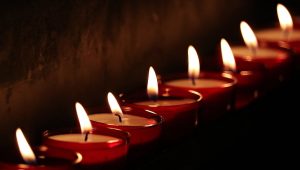 I mourn the loss of Mr. Floyd’s life. I lament that his death is part of the 400-year legacy of violence against Black people and African Americans in the United States. I cannot simply look away from the history or the current reality. I extend my sympathies to the family and community that knew and loved him.
I mourn the loss of Mr. Floyd’s life. I lament that his death is part of the 400-year legacy of violence against Black people and African Americans in the United States. I cannot simply look away from the history or the current reality. I extend my sympathies to the family and community that knew and loved him.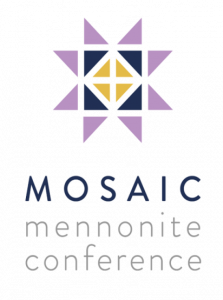
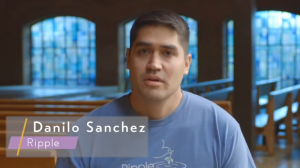
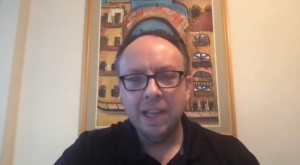
 Many of you know I have a passion for bicycles, fishing, and bacon. These have always been little hobbies of mine and throughout them I have put Jesus at the center. I know it sounds silly to say bacon and Jesus, but there has been fruitful ministry with bacon over the years.
Many of you know I have a passion for bicycles, fishing, and bacon. These have always been little hobbies of mine and throughout them I have put Jesus at the center. I know it sounds silly to say bacon and Jesus, but there has been fruitful ministry with bacon over the years. Why do I promote bicycles so much? The answer: Church. If you want a really, really, really easy way to be missional and get to know people in your neighborhood, go ride a bike. Ride around and say hi to your neighbors. Find others that want to ride and go connect. Riding is such a safe and easy way to social distance and get around.
Why do I promote bicycles so much? The answer: Church. If you want a really, really, really easy way to be missional and get to know people in your neighborhood, go ride a bike. Ride around and say hi to your neighbors. Find others that want to ride and go connect. Riding is such a safe and easy way to social distance and get around.